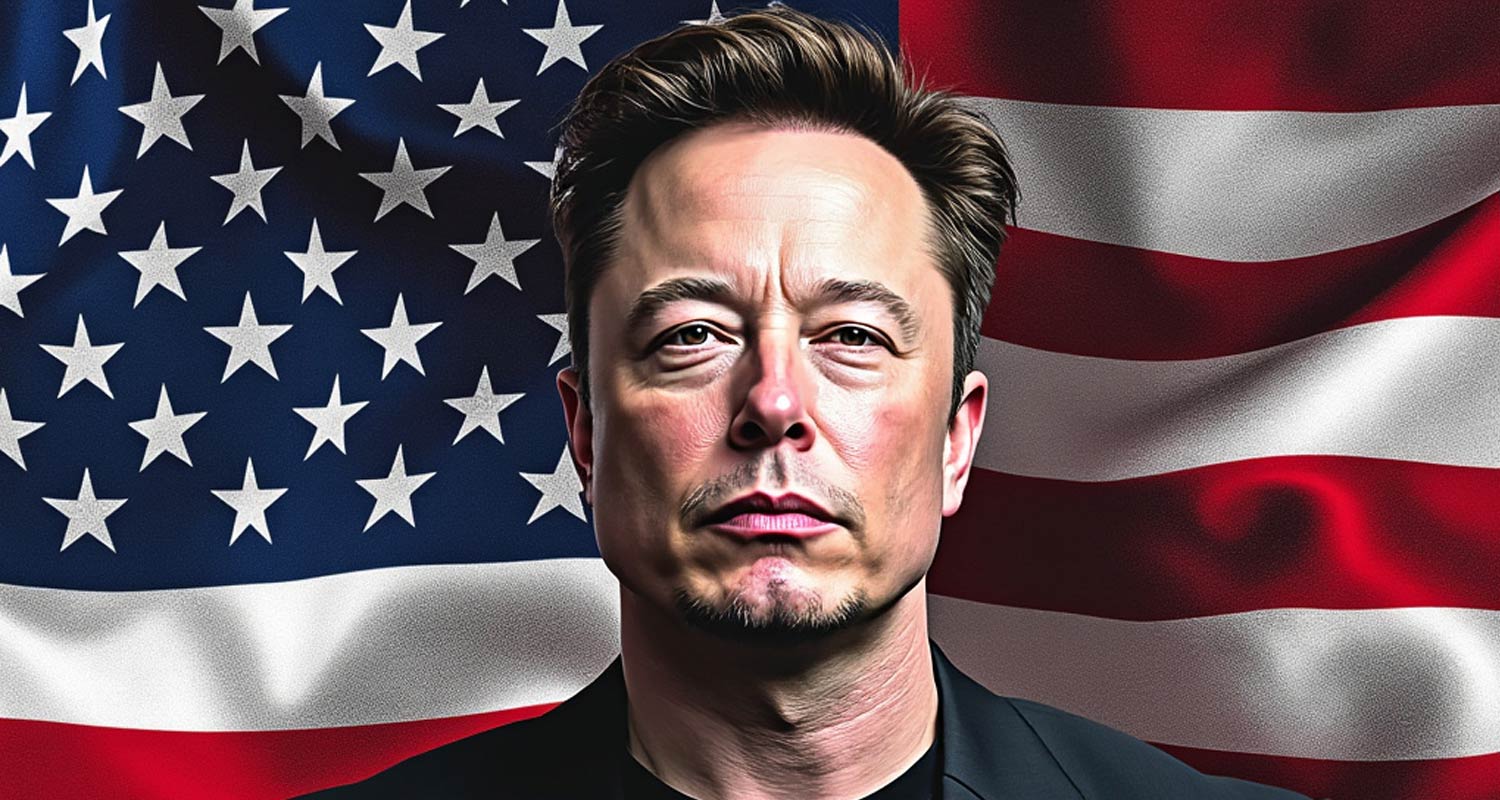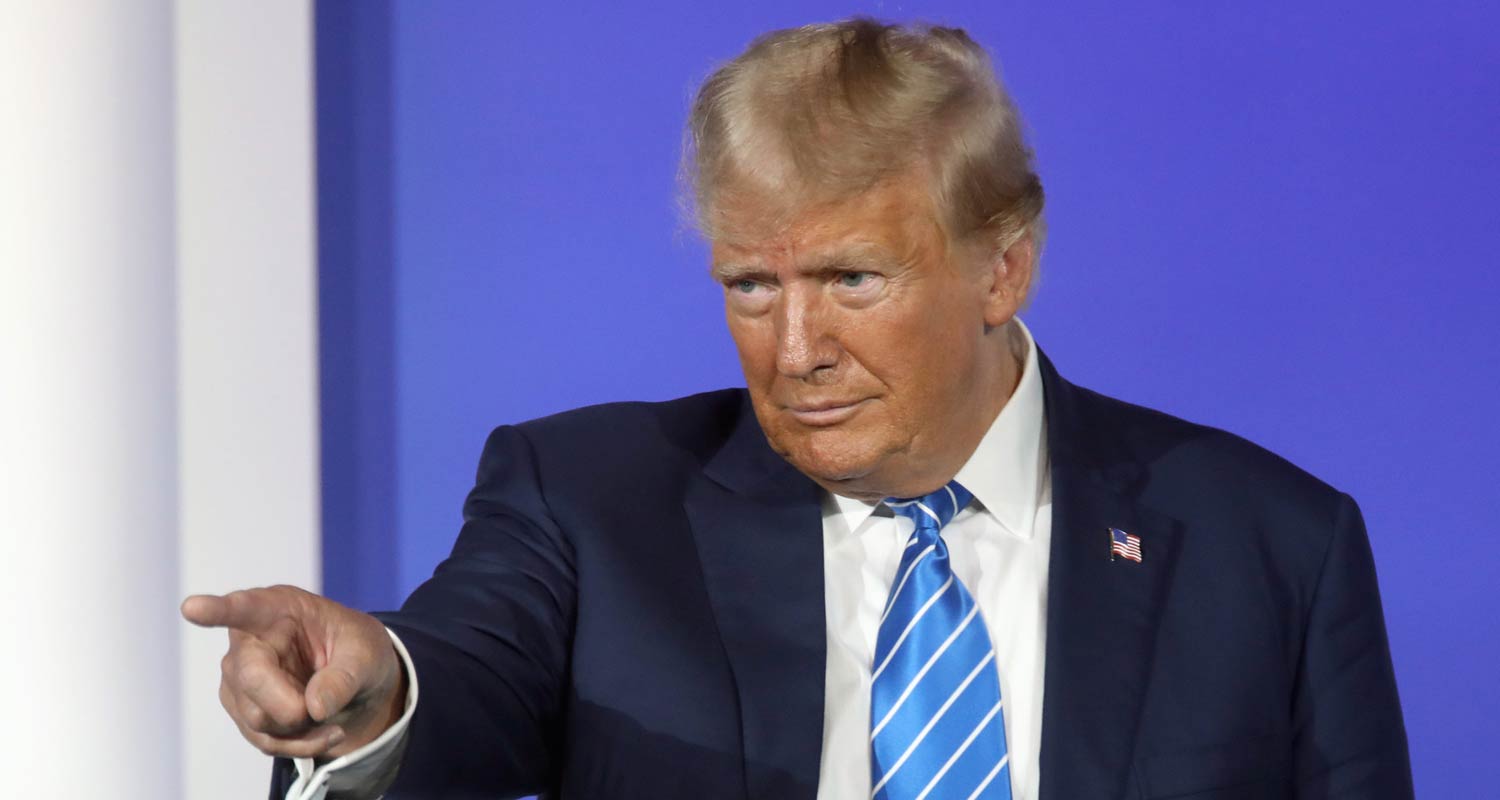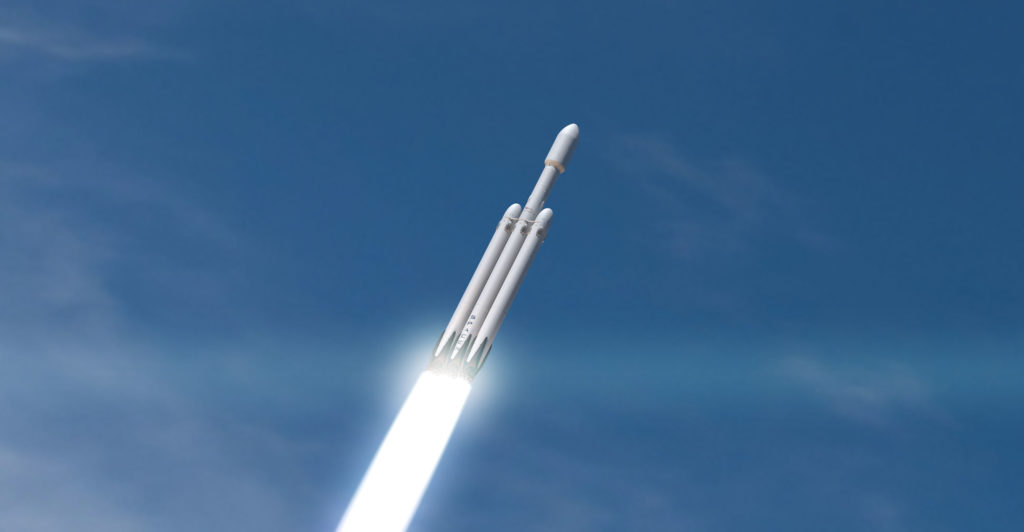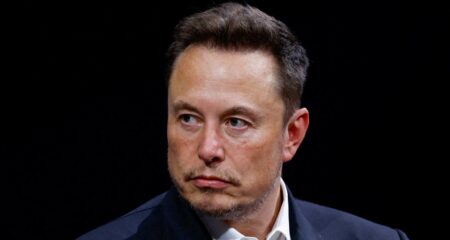
Billionaire Elon Musk and entrepreneur Vivek Ramaswamy will lead a new department of government efficiency (Doge) tasked to “dismantle government bureaucracy, slash excess regulations, cut wasteful expenditures and restructure federal agencies”, US President-elect Donald Trump announced on Tuesday.
On the campaign trail, Trump said the government efficiency effort would develop a plan to eliminate “fraud and improper payments”, conducting a “complete financial and performance audit” of the federal government. On Tuesday, Trump said the panel would partner with the White House’s Office of Management and Budget and said their work will conclude no later than 4 July 2026 — the nation’s 250th anniversary.
The structure may allow Musk to avoid resigning from his companies including Tesla, the world’s largest electric vehicle manufacturer, and SpaceX, which dominates the worldwide rocket launch market — and federal conflict-of-interest rules that could have mandated divestiture.
But it’s not clear what the size or structure will be, or how Musk and Ramaswamy will drive the dramatic overhaul of the government they’ve promised. The effort, which abbreviates to Doge, is a play on one of Musk’s favourite internet memes, and Musk has been an advocate of the digital token dogecoin. In a post to his social media network X, Musk suggested the government efficiency panel would offer merchandise.
Musk predicted he could cut at least US$2-trillion from the US federal budget at Trump’s rally last month at Madison Square Garden, though that would exceed the amount congress spends annually on government agency operations, including defence. It would likely require making significant cuts to popular entitlement programmes such as social security, Medicare, Medicaid and veterans’ benefits.
Last fiscal year, the government spent more than $6.75-trillion, with more than $5.3-trillion of that coming from social security, health care, defence and veterans’ benefits — all of which are politically fraught and notoriously difficult to convince the US congress to cut — as well as interest on the debt.
‘Shockwaves’
“This will send shockwaves through the system, and anyone involved in government waste, which is a lot of people,” Musk said Tuesday in a statement provided by the Trump transition effort.
Musk, 53, saw his net worth top $300-billion shortly after the election — the first time he’d surpassed that mark in almost three years. He is the only person to ever have a fortune in excess of $300-billion.
Read: Trump victory a boost to Musk’s Mars dream
He’s likely to serve as a special government employee, the formal designation for individuals outside of government brought in for short periods to lend their expertise. Ramaswamy, an Ohio businessman, mounted a bid for the Republican nomination himself but largely echoed and amplified Trump’s position.
During his run, Ramaswamy, 39, was loathe to criticise Trump, praising the Republican standard-bearer and endorsing many of the policies the incoming president has espoused, including scaling back the size of the federal government and pulling back from foreign alliances.

Ramaswamy also backed ending US aid to Ukraine, called at one point for a wall along the US-Canada border to halt the spread of fentanyl and has been an advocate for the cryptocurrency industry, calling for rolling back regulations and implementing drastic cuts to the Securities and Exchange Commission.
His staunch support for Trump, fuelled by some breakout moments in primary debates that saw him attack some of the president-elect’s top rivals for the nomination, helped him build his standing among conservative voters. Ramaswamy would go on to be a fervent surrogate for the president-elect, earning Trump’s praise.
While Trump ruled him out as a running mate, he weighed him as a possible cabinet pick as early as March, according to people familiar with the matter at the time. On the trail, Trump praised Ramaswamy as “smart” and expressed hope that he would be part of a second-term administration. — Bill Allison, (c) 2024 Bloomberg LP




